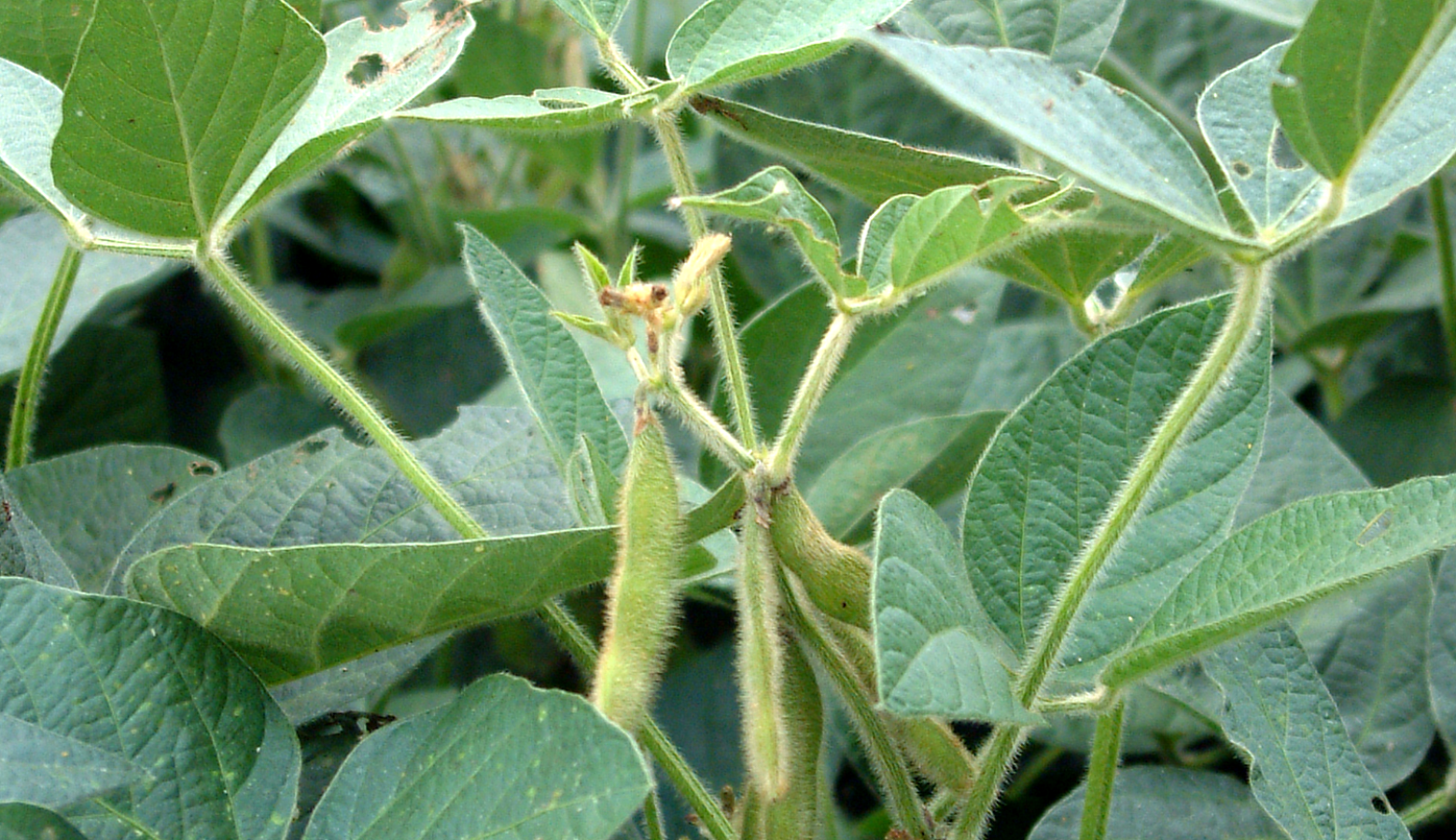Soybean Prices Dip As Trump’s Chinese Tariffs Take Effect

Thursday night at the stroke of midnight, speculations became reality when the U.S.-imposed tariffs on $34 billion worth of Chinese goods.
China quickly retaliated by taxing several U.S. goods, including soybeans. Soybean prices had already been dropping for several weeks – something the market tends to do in anticipation of possible changes.
“It has been a challenging time for farmers. Prices are lower than they have been previously, costs are not lower. So net incomes have been down, and this will just make it worse,” says Purdue University agricultural economist Wally Tyner.
Hoosier soybean farmers say they’ve begun to see tangible drawbacks to President Donald Trump’s trade war with China.
Allen County farmer Roger Hadley says July and August are usually peak months in the soybean market.
“We’re fearful that we will not have those opportunities over the next four to six weeks to price our crop at a profitable level,” he says.
Hadley has been a farmer for more than 40 years. He had hoped the implementation of the tariffs might be held off until December – after he’d sold his crop.
He says some Hoosier farmers are already struggling – including trouble getting loans for this season – and he sees the tariffs only making things worse.
“The last couple of years have not been good years for farming, and so there’s a lot of folks that didn’t get money until the last second to even operate. Now this is gonna to put them in worse shape,” Hadley says.
Since the announcement, economists have said the tariffs will hurt both the U.S. and China, but help other competitors.
“The U.S. and China both lose about $3.3 billion a year if this continues. Now that’s a lot of money. And of course the winner is Brazil. So it’s in interest the U.S. and China to get together and figure out how do we solve this,” Tyner says.
Indiana Farm Bureau national government relations director Bob White says he and others are working with those in D.C. to try to find a solution that doesn’t hurt farmers.
The 25 percent Chinese soybean tariff comes in response to the Trump administration’s taxes on Chinese steel.

